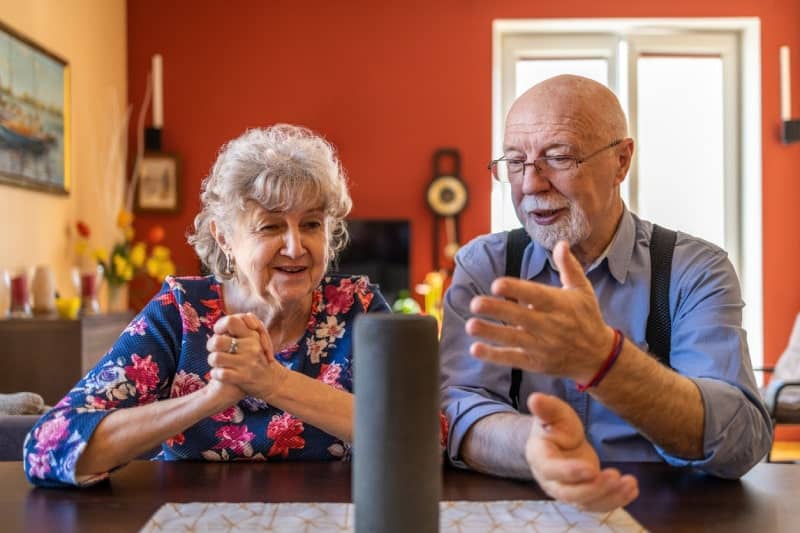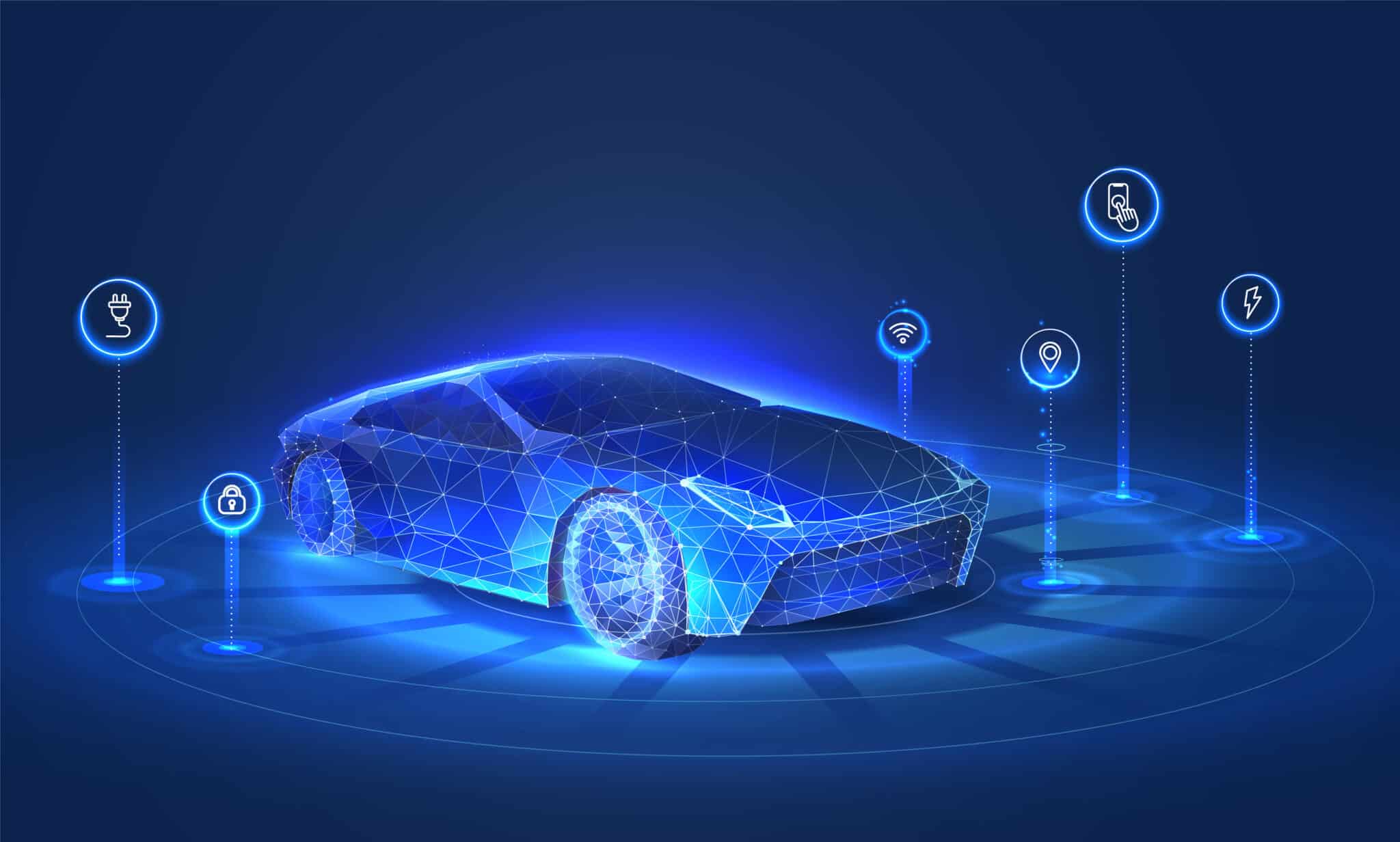At the Project Voice conference last week in Chattanooga, the LXT team had the chance to learn about Voice AI technology innovations that will improve our quality of life – everything from how we interact with our mobile carrier, to how we shop online, to our experience while driving. Advances in Natural Language Processing (NLP) are helping to fuel a wide variety of use cases for Voice AI across many industries, unlocking new ways to engage with customers and build loyalty.
An inspiring aspect of the conference was seeing how Voice AI is being applied to develop meaningful solutions for individuals who historically have been excluded from opportunities to benefit from advances in technology, such as those with disabilities and the elderly.
AI-powered voice system for seniors
Constant Companion CEO Mark Gray was compelled to develop the company’s voice-operated, AI-powered platform for smart speakers as a result of his experiences in caring for his aging mother. In his presentation he explained that 40% of the senior population does not have access to a smartphone or to the internet, which limits seniors’ ability to remain connected to the outside world. Further, the current standard for seniors living in elder care facilities is to use a lanyard with a call-button device, which many choose not to or forget to wear. This puts seniors in emergency situations at risk of not having the tools to access the help they need.
The Constant Companion solution is a smart router that integrates with in-home assistants such as Amazon Alexa and Google Assistant and connects the user to urgent response agents, 24/7. Agents will remain on the phone with users experiencing an emergency until help arrives. Beyond providing a critical connection to first responders, Constant Companion is a phone system that can make or receive calls all using one’s voice, allowing users to be hands free and avoid running for the phone. It can also be used to turn lights on and off, read books and play music. Constant Companion users and their families have greater peace of mind, and users express their enjoyment in having a new “friend” to talk to throughout the day.
Voice-activated real estate search
Another innovation designed to improve accessibility that was showcased at the Project Voice conference is voice-activated MLS search from Lundy. The Lundy team realized through its many years of collective industry experience that real estate listings cannot be meaningfully accessed by the millions of adults that are either legally blind or vision-impaired in the US. This propelled them to develop a property search engine available by voice using NLP and smart devices.
Lundy syndicates MLS listings to an Alexa skill using NLP algorithms. The solution takes the most important data from the MLS, prepares it for voice responses, and delivers it in complete sentences through the voice of Alexa. Prospective home buyers can search by addresses or by property characteristics, and can also receive notifications through their Alexa app for new property listings or price adjustments. By extending MLS search through Voice AI, Lundy is giving prospective home buyers, who previously were dependent on family members to participate in the purchase of their new home, the ability to actively engage in the process.
Assistive robots powered by voice
The team at Labrador is using its decades of experience in the robotics industry to develop an assistive robot that supports people in everyday life and allows them to live more independently. Individuals with pain or health conditions can use the Labrador to perform daily tasks that otherwise would be too difficult or even impossible.
Designed to move items within a home and to keep smaller items within reach, the robot is trained to move through a set of routes within rooms based on user preferences. Using a voice-enabled device such as an in-home assistant, the robot can be easily commanded to move to a new location. Labrador robot users say that the robot is like having a third pair of hands or a second person in the house to help accomplish daily tasks and gives them the energy to focus on the activities that are most meaningful to them. The independence and freedom they gain by using the robot has been life changing.
These are just a few of the many innovations that Voice AI is enabling, with the goal of making technology more accessible and inclusive, and improving the quality of life for millions of people around the world. We would like to thank the team at Project Voice for providing a platform to share these inspiring stories.



